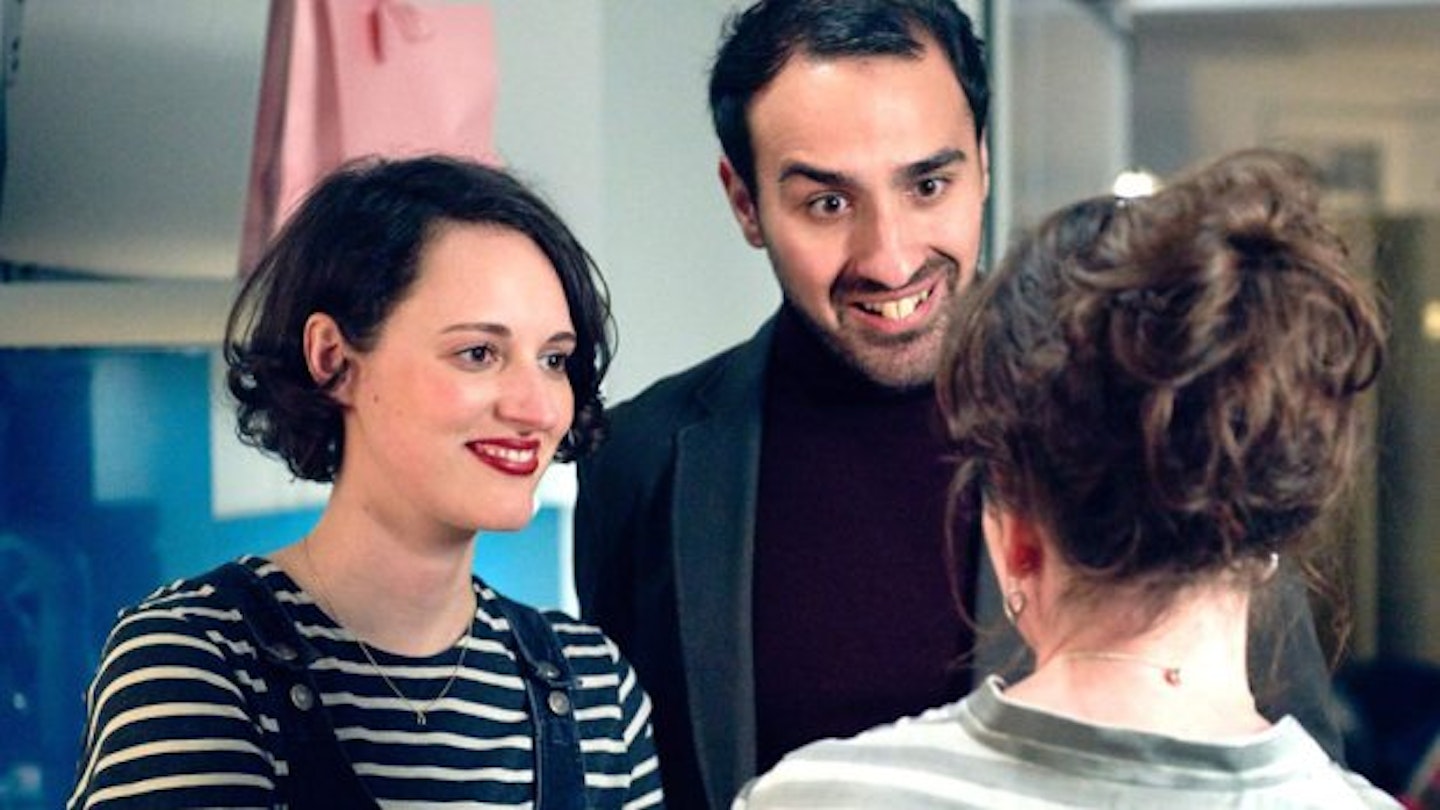A year ago today, after a drawn out and very public departure from its former home on television, BBC Three became an online-only service. The channel, which was created in 2003, left scheduling behind and followed us — its key 16-34 year old audience — to where we had migrated to a long time ago. The internet.
The BBC’s valiant attempt to engage with millennials on social media and online as a whole seems to have largely paid off. Just look at Fleabag, Thirteen and *#HoodDocumentary, *to name a few of their recent hits. Those who were vocal about the decision to take BBC Three off air can’t be too disappointed. And what’s more, the move means there’s more room to test shorter-form programs. There’s less financial risk and more opportunities for new talent.
Damian Kavanagh, Controller at BBC Three, explains how the channel has developed: ‘The move online has given us the chance to work with a broader range of talent. There are greater opportunities to give young and diverse talent opportunities in front of and behind the camera that wouldn’t have been available in a traditional broadcasting space.’
But whilst BBC Three specifically is making good shows and consciously diversifying their output, Britain still seriously lags behind the US. Netflix and Amazon have been quick to tap into new, previously ignored markets stateside and beyond, while we rely on Scandinavian imports and access to these streaming services to fulfil our voracious TV appetites. I don’t know about you but it takes A LOT (Fleabag, for instance) to encourage me to stop a Netflix binge and head back over to BBC iPlayer.
What this has really demonstrated to TV execs though is that beyond Hollywood there is - duh - a whole world of audiences who want to see everything on their televisions. From complex LGBT issues to more black female leads (shockingly Scandal was the first network drama with a black female protagonist in a network drama in nearly 40 years) - we want entertainment that is as interesting and as diverse as the world we live in. In the past shows had to be family friendly so the whole clan could sit around the box on a Saturday night and tune in together. I think it’s safe to say that part of family life is dead.
And as well as being forced to diversify by competition, pressure is mounting from the other side too. The Creative Diversity Network has been collaborating with the BBC, Channel 4, ITV and Sky News on ‘Diamond,’ an initiative that launched last year to monitor on and off-screen diversity in the media industry.
Presenter and vlogger Grace Victory is one of the most outspoken stars on BBC Three’s roster. As a plus size woman of colour, she’s particularly aware of the many ceilings that need to be broken. 'It’s important to me to share my voice when it comes to all subjects and issues through my documentaries' says Grace, who presented* The Cost of Cute* and* Clean Eating's Dirty Secrets*. 'When I was growing up, I didn't see as many relatable faces on TV so it’s great that BBC Three are paving the way for that.'
Filmmaker Livvy Haydock is another incredible BBC Three talent and a force to be reckoned with. One of her recent shows is called *Gang Girls, *and in it she meets young women who are forced to commit horrific crimes as they try to join gangs. 'There’s a huge demand now', says Livvy. 'The old scheduling ways are becoming defunct. I’m really pleased because the ideas I’ve always wanted to do like Breaking Into Prisons, you know, I’ve been pushing for that for a really long time and now BBC Three are so open to it.' One of the most democratic things about this new era is also that Livvy is able to shoot on her iPhone if she needs to capture something to prove the worth of a story; there’s no need to wait to get a huge expensive project greenlit by a room full of people reluctantly holding on tightly to their ever-decreasing budgets. It industry, it seems, is becoming more accessible.
The TV landscape has changed considerably in the last five years, but beyond recognition in the last forty. One ex-BBC producer I spoke to, who worked in the industry for 36 years, remembers a time when there were only three TV channels and jobs were paid extraordinarily well - largely because before technology revolutionised the industry there were far fewer jobs and many of them required highly skilled workers.
As you can imagine, there was even less diversity then. The workforce all came through the same channels to make shows that were a safe bet and aired them in people’s living rooms. While now we have so many mediums to watch a far wider variety of programmes. And my Grandma is the only person I know who watches actual TV when it’s on air.
Times have a’changed, and things are moving in the right direction both on our screens and behind the scenes. But mountains aren't moved overnight. Or over the course of a year for that matter. Livvy still faces disbelief from people when she tells them what she does for a living. 'People are intensely surprised' laughs Livvy. 'Equality has never been an issue for me, but outside TV I still have people being like ‘oh, do you read the weather?!’'
Like this? You might also be interested in...
Harriet Harman Says It's Time For *Doctor Who *To Have A Female Lead With A Male Assistant
When It Comes To Diversity, Black English Language Is Just As Important As Diversity In Boardrooms
Follow Tabi on Twitter @tabijgee
This article originally appeared on The Debrief.
